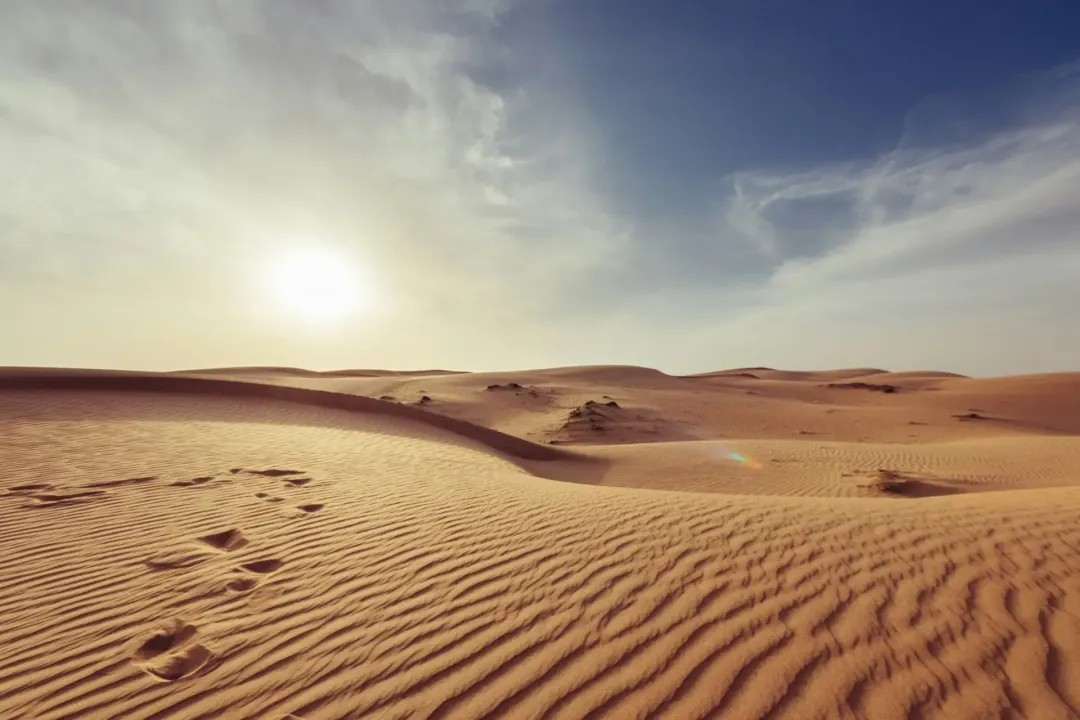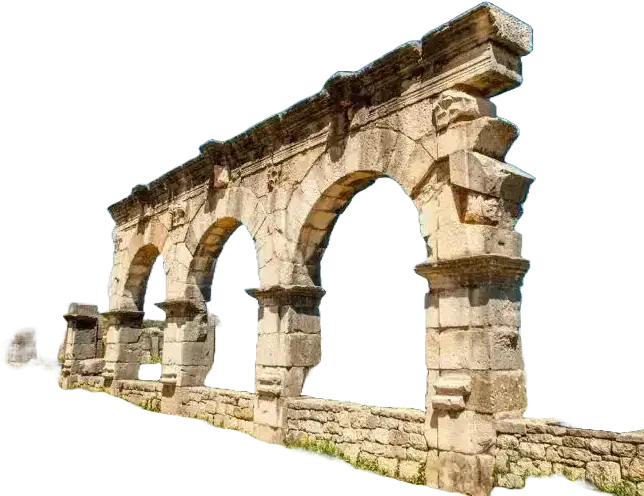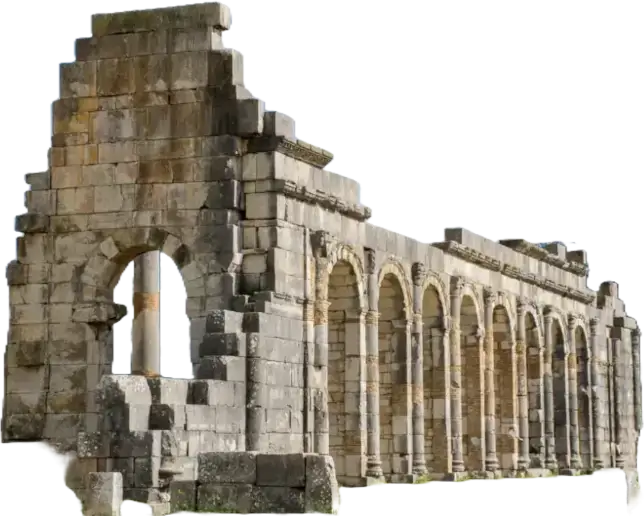Geoff D. Porter
Russia’s Ukraine invasion and the concomitant European energy crisis, instability in Libya, Tunisia’s limbo, and the Sahel’s dysfunction have all focused international attention on Algeria. Could it be the ball’s belle? It’s the biggest country in Africa, bigger than all of Europe; it’s politically and economically stable; and it’s the second largest source of European natural gas.
But what underpins Algeria’s foreign policy? With whom does it engage and why?
In the Land of a Million Martyrs, the legacy of the past looms large. Everything in Algeria both foreign and domestic is framed by the prevailing interpretation of the legacy of the moudjahidin who fought for Algeria’s independence. The moudjahidin were pure and upstanding, honest and straight. Shenanigans and chicanery were unbecoming of and beneath them.
This is but one interpretation of the moudjahidin and shuhada’s legacy. They were far from uniform. There are innumerable interpretive hagiographies of the moudjahidin and multiple ways in which their comportment could inform contemporary Algerian policymaking. Nevertheless, the interpretation of the moudjahidin as steadfast and forthright prevails. It is the base upon which the five pillars of Algeria’s foreign policy are founded.
These are the pillars that support and inform policymakers’ decisions. They are not perfect, they are often only partially implemented, and they can be contradictory, but understanding them is crucial to anyone trying to understand how Algeria crafts its foreign policy.
To receive the full NARCO ANALYSIS, please use our contact form making sure to keep the prefilled value 20230626 in the message box.


